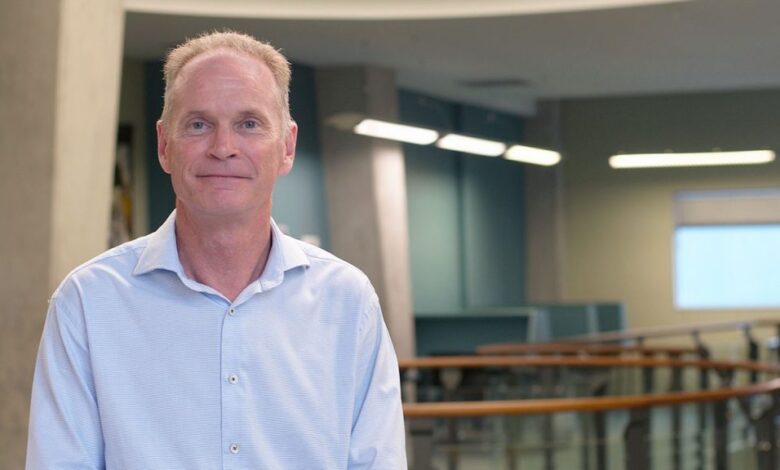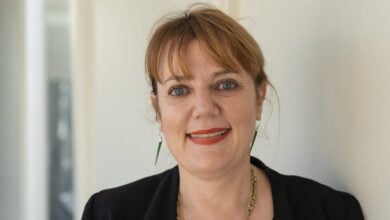
“A welcome and inclusive approach, drawing on key academic experts and leaders across the country’s universities,” is the verdict from the New Zealand Council of Deans of Education on the recently released Hei Raukura Mō te Mokopuna and its Literacy & Communication and Maths Strategy.
Council of Deans of Education chair, Associate Professor Mark Barrow from the University of Auckland, says the call for a more collective, evidence-based, research-informed framework for our education system is very welcome.
“The Council shares the Ministry’s desire to develop common practice models for the early learning and schooling sectors and many university staff are already involved in contributing to this development,” he says.
“And while none of us underestimates the complexities we will face in developing these models, we look forward to continuing to work within and across our universities – in collaboration with the Ministry, education peak bodies, iwi-based and Pacific community partners, and our respective partner schools and centres – to develop the models and pathways forward.”
Universities are committed to playing a leading role in the efforts to address identified challenges in literacy and mathematics education.
Dr Barrow says that as providers of initial teacher education, universities are committed to playing a leading role in the efforts to address identified challenges in literacy and mathematics education and to supporting the ongoing effort to revise the Aotearoa New Zealand Curriculum.
The New Zealand Council of Deans of Education represents the seven university schools of education in Aotearoa New Zealand. Collectively New Zealand’s universities educate the majority of new primary and secondary teachers who enter the New Zealand schooling system and many new early childhood education teachers.
The universities also provide postgraduate programmes that attract large numbers of teachers who want to improve their practice in specific areas.










Although these sentiments are welcome, our system needs to move beyond one-year teacher education programmes to ensure the complexities of learning and teaching can be be given deep attention for a sustained length of time, supplemented by school-based practicums.
I totally agree. There is so much to learn and apply. I am part of that year’s training and sometimes feel overwhelmed by the content which I’m then expected to put into practice. I look forward to growing that knowledge and how it impacts on practice with support, and the continued efforts of my mentor teacher and peers.
I would like to know if the 1 year teacher programmes coincide with the downturn of student achievement.
I get nervous when I hear these sorts of comments … “Universities are committed to playing a leading role in the efforts to address identified challenges in literacy and mathematics education….A welcome and inclusive approach, drawing on key academic experts and leaders across the country’s universities.”
As an independent teacher trainer with 10 years experience as a tutor at the New Zealand Graduate School of Education (private teacher training college – Chch) followed by 12 years as an international literacy consultant, I have asked every beginning teacher I have come across how well did their training prepare them for teaching reading in the classroom. This is always followed by a nervous silence and shuffling of the feet. When pressed they say they have a whole lot of theory buzzing around in their heads but very little practical experience in the classroom of what it will actually look like. Ever since our Teachers Colleges merged with the universities the practical expertise of teacher trainees for teaching reading has nose dived. I do not look forward to what the next round of advice from the universities is going to look like.